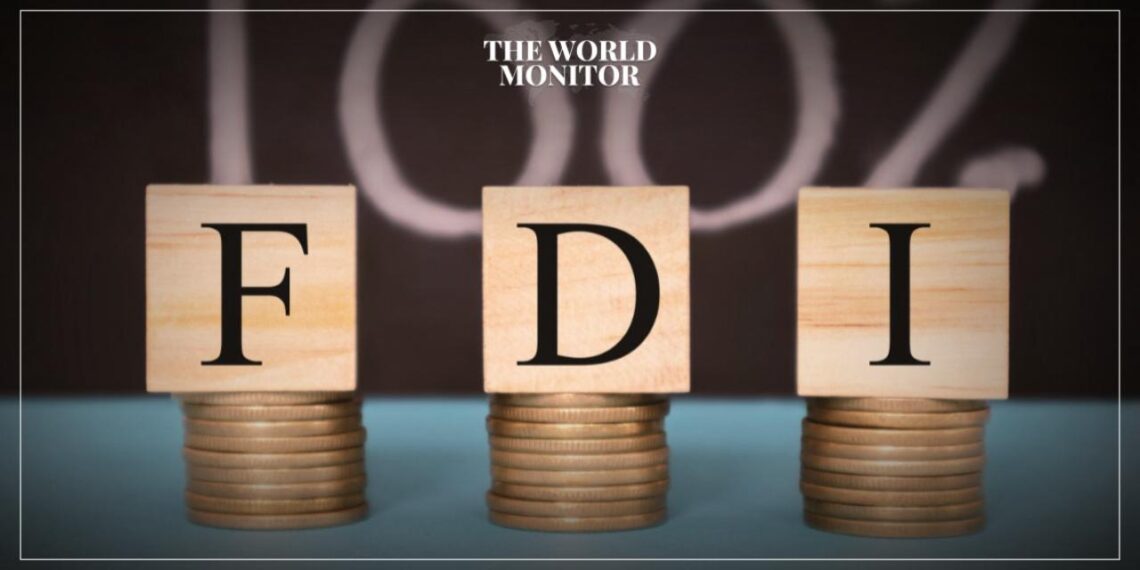Egypt aims to attract $30 billion in foreign direct investment (FDI) for the fiscal year 2024-2025, starting on July 1.
According to the preliminary budget statement approved by the Egyptian Parliament on Monday, the country also plans to manage inflation rates between 19% and 25% for the same fiscal year.
The Egyptian House of Representatives has approved the state’s general budget for the fiscal year 2024-2025, along with the comprehensive report from the Planning and Budget Committee regarding the economic and social development plan for the upcoming fiscal year.
According to the Middle East News Agency (MENA), the parliament also approved the budgets for 59 public economic entities and the National Organization for Military Production for the next fiscal year.
The agency’s report highlights that the state’s total revenue is expected to reach EGP 2.6 trillion, while total expenditures are projected at EGP 3.9 trillion, resulting in a budget deficit of approximately EGP 1.2 trillion, or 7.3% of the GDP.
The total debt of the state budget entities is anticipated to be about 86% of the GDP.
The Egyptian Ministry of Finance is working to rapidly reduce the debt-to-GDP ratio to below 80% by June 2027.
For the first time in Egypt’s history, recent amendments to the Unified Public Finance Law will set a maximum ceiling for the general government’s debt across all its components.
Egypt’s fiscal year begins on July 1 and ends on June 30 of the following year.
This strategic financial planning and legislative measures indicate Egypt’s robust approach towards economic stability and growth in the upcoming fiscal year.
President Abdel Fattah el-Sisi announced via his official social media accounts that he has tasked Mostafa Madbouly with forming a new government.
The new government will focus on cultural and national awareness, moderate religious discourse, economic reforms, increasing local and foreign investments, and encouraging private sector growth.






